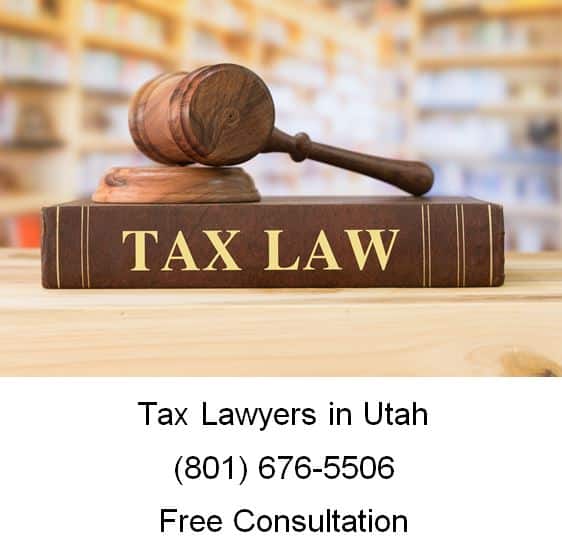
There is always the possibility that any given taxpayer will receive an audit notice from the Internal Revenue Service (IRS). This means the IRS wants to take a closer look at a tax filing to make sure all of the information is correct. The IRS audits taxpayers who are under suspicion of fraud, who may have made errors in their paperwork, or who are part of a target group that is subject to greater scrutiny, but audits are also conducted randomly. This section includes information about how to avoid an income tax audit and what to do if you receive an audit notice.
How to Avoid an Audit
The IRS chooses to audit certain tax returns because they raise red flags, are randomly selected, are part of a target group selected for closer scrutiny, or a combination of these reasons. It is difficult to predict who will be audited, in part to prevent those committing fraud or otherwise cheating on their taxes from developing a system that avoids audits. Although there are no guaranteed methods for avoiding an audit there are ways to reduce your risk. Regardless of whether you are audited or not the best advice is always to be honest on your tax returns and avoid fraud.
Some common mistakes and red flags that can result in an audit include math errors, omitted income (even in small amounts and especially for those making over $100,000), claiming personal expenses as business expenses, and other kinds of errors and frauds. In addition, the IRS tends to examine target groups that frequently cheat on taxes. These groups include the self-employed, small businesses, and those who make more than $100,000. They also look at discrepancies in claimed income and demographics, so someone claiming little income, but living in an expensive area, may be subjected to additional scrutiny.
Fortunately, there are some things that can be done to reduce your risk. Filing taxes on the computer helps reduce math errors and improves legibility. Using a tax professional helps ensure that you comply with complicated regulations, especially where a small business is involved. Filing your taxes on time also helps ensure that you do not draw undue attention.
Call a Tax Lawyer if You’re Audited
If you are selected for an audit there are ways to help reduce your exposure. One important step is to research the tax law as it pertains to your audit. This may involve consulting a tax attorney or other tax professional. Reviewing the Taxpayers’ Bill of Rights will help you better understand your position. Even while an audit is being conducted it is possible to request a recess to consult with your attorney.
It is important to avoid rushing when being audited. When preparing a response to IRS inquiries it can be better to request additional time to organize and present your documents and records than to produce material that is poorly organized or fails to support your claims. The IRS must complete their audit within three years of the time the tax return was filed, unless tax fraud or significant under reporting of income is at issue.
It is better to go to an IRS office for an audit instead of holding the audit in your home or office and you should avoid giving more information than what is requested. Finally, you should understand that fewer than 25% of those audited avoid paying additional taxes. The odds are against you, but understanding that this is the case means that you can focus on negotiating with an auditor to limit your damages rather than spending energy trying to get off altogether.
Audit Tax Attorney Free Consultation
If you are being audited, please call Ascent Law for your free consultation (801) 676-5506. We want to help you.
8833 S. Redwood Road, Suite C
West Jordan, Utah
84088 United States
Telephone: (801) 676-5506

